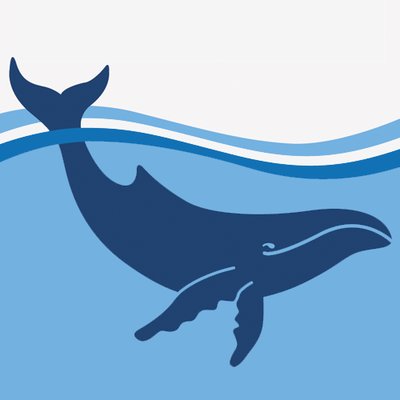- Enforcement of the ban on new single-use plastic items is now in effect
- Transition periods still apply for the other items targeted under Stage 2
- State Government continues to take a common-sense approach to enforcing the bans
The ban on the first items under Stage 2 of Western Australia’s nation-leading Plan for Plastics comes into force today.
The now banned items include microbeads, expanded polystyrene cups, cotton buds with plastic stems, degradable plastics designed to break up into fragments, and loose-fill expanded polystyrene packaging.
A six-month transition period began in February 2023, to allow businesses to use up supplies, and source alternative products before the bans were enforced.
WA’s Plan for Plastics has phased out a range of items, saving 1.1 million single-use plastics from landfill or litter across the State each year.
Other items targeted in Stage 2 include non-compostable plastic takeaway coffee cups,
plastic produce bags for fruit and vegetables, moulded expanded polystyrene packaging, unlidded trays as well as lids for takeaway bowls, plates, cups, trays, and containers – excluding pre-packaged food such as sandwiches and sushi.
The transition periods for these items range from 12-28 months with the final enforcement date on 1 July 2025.
The State Government will continue to use a common-sense, education-first approach to enforcing the bans. Retailers and suppliers not making any plans or effort to transition, and deliberately continuing to supply banned items, could face fines up to $5,000 for an individual, or up to $25,000 for a body corporate.
The National Retail Association offers support programs for retailers, suppliers and community groups. The Boomerang Alliance, in partnership with the Government, is also supporting the hospitality industry, and local governments to adapt through the WA Plastic Free Places program.
A study from the Department of Biodiversity, Conservation and Attractions shows items phased out during WA’s Plan for Plastics were commonly found in the Swan Canning Estuary, including expanded polystyrene pieces. Researchers concluded the restriction of these single-use plastics, especially in food and general packaging, would reduce this waste in waterways.
For more information on WA’s Plan for Plastics, visit
As stated by Environment Minister Reece Whitby:
“We can be proud our State continues to lead the way in tackling single-use plastics. This is the next step in reducing our impact on the environment.
“Western Australians have truly embraced our Plan for Plastics. The feedback from businesses has been overwhelmingly supportive, with many already making the switch to environmentally friendly alternatives.
“We’ll continue to use a common-sense, education first-approach to enforce these bans. It’s about changing habits in our journey towards a single-use plastic free future.”
Single-use Plastic Item | Transition Period | Enforcement Date |
Microbeads | 6 months | 1 September 2023 |
Expanded polystyrene cups | 6 months | 1 September 2023 |
Cotton buds with plastic stems | 6 months | 1 September 2023 |
Degradable plastics designed to break up into fragments | 6 months | 1 September 2023 |
Non-compostable takeaway coffee cups | 12 months | 1 March 2024 |
Produce bags | 12 months | 1 March 2024 |
Unlidded trays | 12 months | 1 March 2024 |
Lids for takeaway cups, Lids for takeaway bowls, plates, trays, and containers, excluding pre-packaged food such as sandwiches and sushi | 12 months 18 months | 1 March 2024 1 September 2024 |
Loose-fill expanded polystyrene packaging Moulded expanded polystyrene packaging | 6 months 28 months | 1 September 2023 1 July 2025 |








